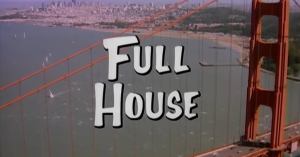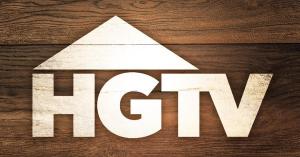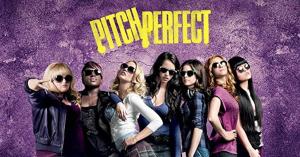Americans across the country flooded the streets this week in protests and demonstrations of historic size, and some public health experts fear the impact that they will have on the ongoing coronavirus pandemic. Protests erupted after police in Minneapolis, Minnesota killed an African-American man named George Floyd, spreading to major cities across the U.S. While many demonstrators wore masks, the massive crowds are likely to cause a surge in cases of COVID-19.
Minneapolis Police detained and killed Floyd on Monday, May 25, and protests have been ongoing ever since. On Thursday — the fourth consecutive day of demonstrations — State Health Commissioner Jan Malcolm issued a statement reminding Minnesotans that mass gatherings of any kind create a severe risk of new coronavirus cases. Malcolm expressed sympathy for the protesters and their cause but urged them to remember the ongoing risk not just to themselves, but to the entire population that this virus presents.
Videos by PopCulture.com
“I’m understanding the forecast is for very large protests this weekend, with a lot of people coming in from across the state and around the country and gathering in large groups,” Malcolm said, according to a report by Forbes. “That’s almost sure to have an impact on furthering spread.”
Minnesota is among the states listed as “trending poorly” for coronavirus recovery in the “Covid Exit Strategy.” The state still has a rising number of cases, hospitalizations and deaths associated with COVID-19. The state saw a record-high number of deaths on Wednesday with 35 casualties in total.
So far, the protests may not have had much time to impact the coronavirus numbers in Minnesota significantly, but in the coming weeks, it might become more evident. Minnesota has seen a total of 967 deaths from the pandemic at the time of this writing.
Some pundits and reports have noted that the conversation about the coronavirus is not separate from the discussion about systemic racism, as COVID-19 has a statistically disproportionate impact on minority groups. According to a report by The Star Tribune, African-Americans make up 29 percent of the known coronavirus cases in Minnesota with racial information listed. However, African Americans make up just 6 percent of the state’s population. Organizers on social media have stated their intention to continue peaceful protests this weekend. For the latest information on the coronavirus pandemic, visit the websites of the CDC and the World Health Organization.









